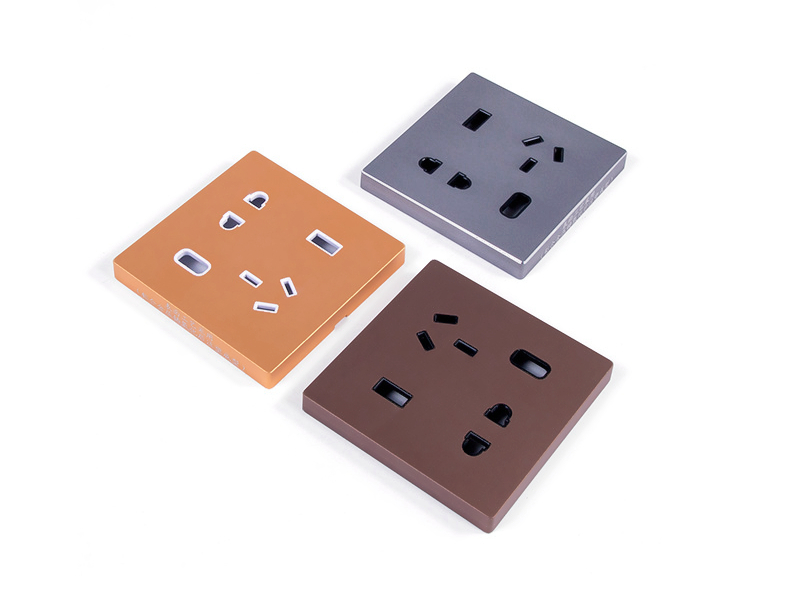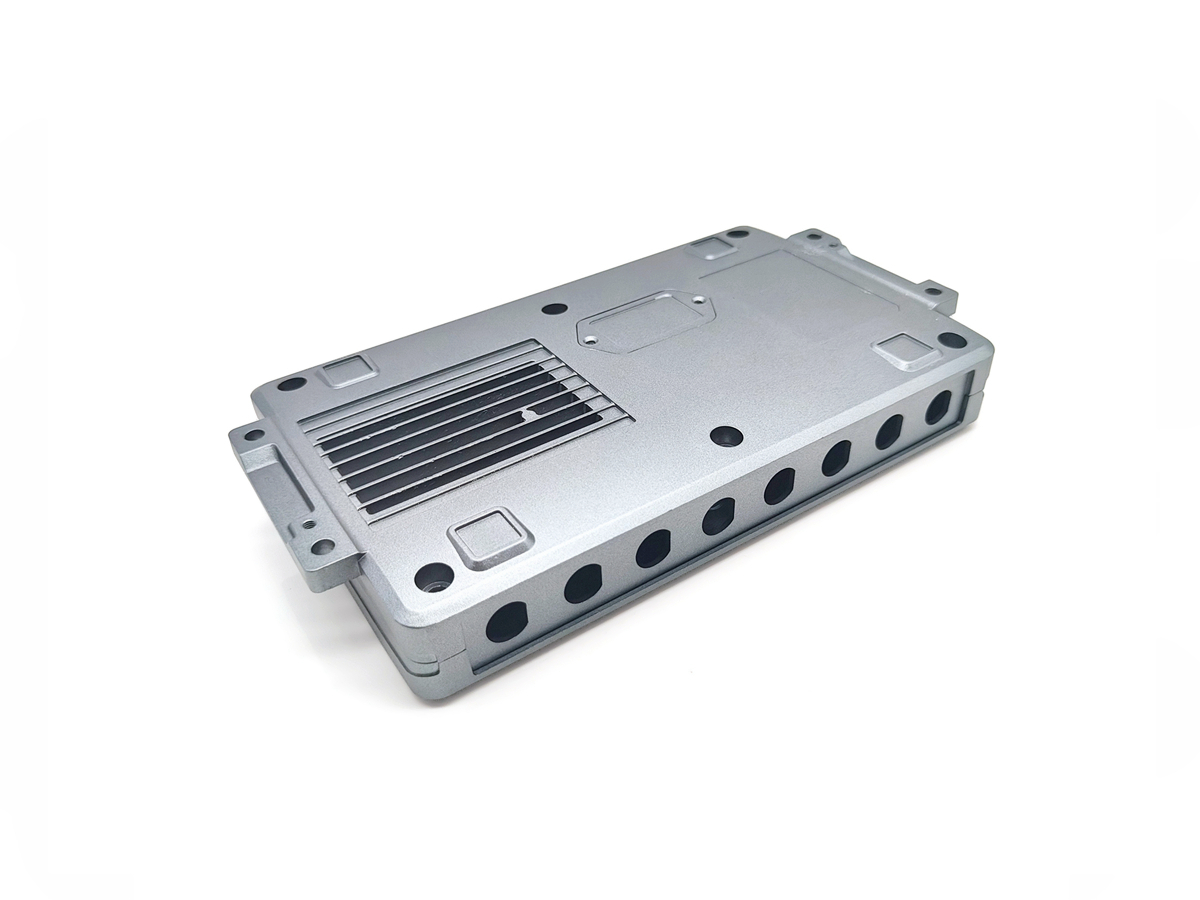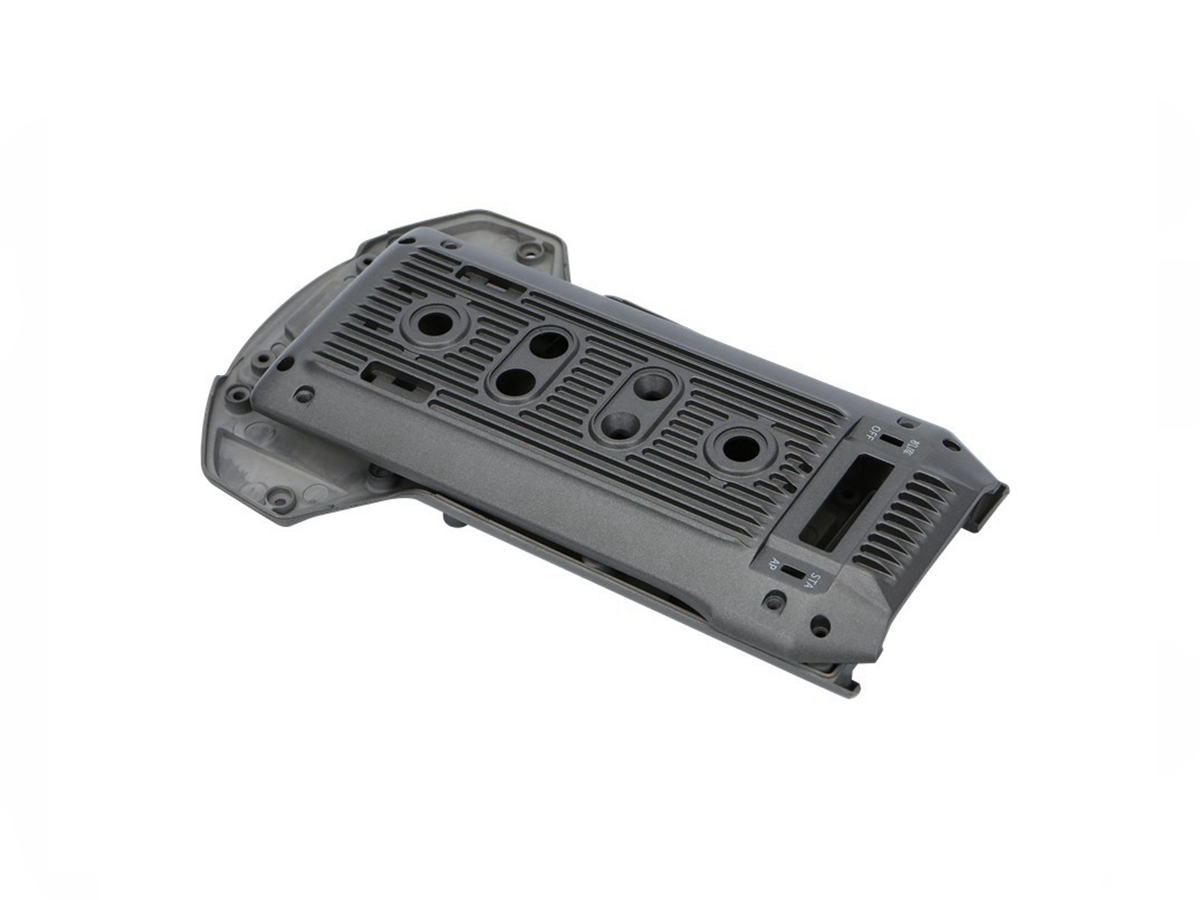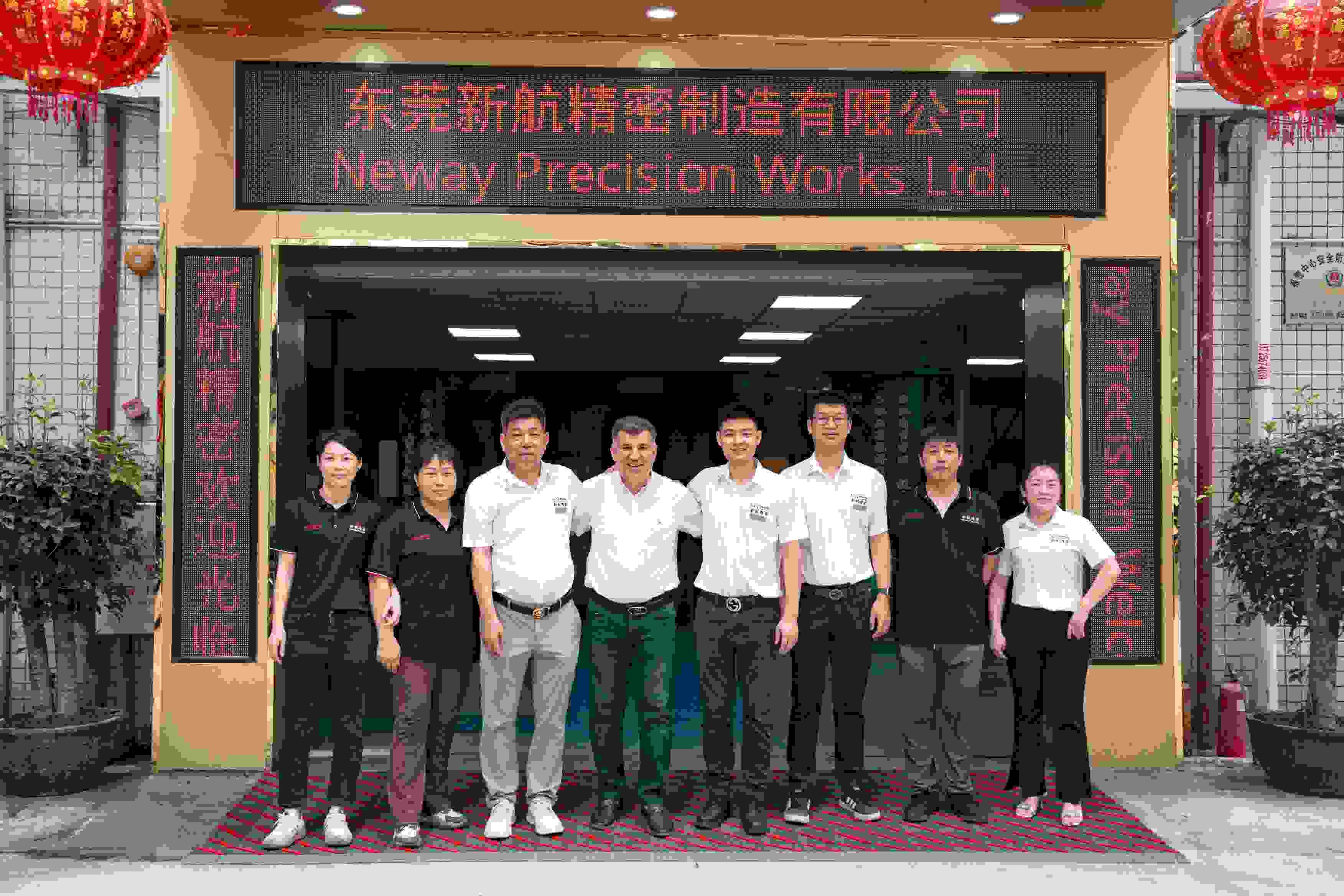Custom Zamak Die Casting Service for Corrosion-Resistant Electrical Connectors
Electrical connectors must ensure signal integrity while withstanding harsh environments in demanding industrial, automotive, and consumer electronics applications. Connectors need mechanical resilience and corrosion resistance, whether exposed to vibration, moisture, temperature shifts, or chemical agents. Zamak zinc die casting offers a reliable and cost-effective solution for manufacturing durable connector housings with complex geometries and stable dimensional tolerances.
At Neway, we offer custom Zamak die casting services tailored to produce corrosion-resistant electrical connector housings, terminal blocks, backshells, and enclosure frames. Our zinc casting capabilities ensure optimal fit, sealing, and finish—while supporting both low- and high-volume production.
Why Zamak Is Ideal for Electrical Connector Components
Zamak alloys (Zinc-Aluminum-Magnesium-Copper) are ideal for connector housings due to their combination of strength, dimensional stability, surface quality, and corrosion resistance. High-pressure die casting enables the efficient production of high-precision connector parts that integrate multiple functions in a single shot.
Key Performance Benefits
Tensile strength up to 400 MPa (Zamak 5)
Dimensional tolerances of ±0.02 mm for precision mating interfaces
Wall thickness as low as 0.8 mm with excellent structural rigidity
High surface quality: Ra ≤ 1.6 µm after tumbling or polishing
Corrosion resistance: up to 500 hours in salt spray (ASTM B117) with powder coating or plating
Zamak parts are non-magnetic, EMI shielding-compatible, and support high-volume automation for connector assembly lines.
Typical Applications for Zamak Connector Castings
Zamak die casting suits low-voltage and high-voltage electrical connector components across diverse sectors.
Application Area | Component Types | Requirements |
|---|---|---|
Industrial Automation | Power connectors, terminal covers, sensor casings | Corrosion protection, sealing, mechanical impact resistance |
Automotive Systems | ECU plugs, grounding brackets, cable terminals | Heat resistance, dimensional accuracy, vibration durability |
Aerospace & Rail | Connector backshells, shielding enclosures | Lightweight, EMI compatibility, reliability in harsh environments |
Consumer Electronics | Plug casings, charging ports, adapter shells | Aesthetic surface, tight tolerances, compact dimensions |
These components often feature undercuts, slots, threads, and strain relief geometry—all achievable through optimized die casting.
Zamak Alloys for Electrical Components
Neway offers multiple Zamak alloys, conforming to ASTM B86 and ISO 301 standards. Selection depends on the balance of strength, castability, and finish required.
Alloy | Tensile Strength (MPa) | Elongation (%) | Corrosion Resistance | Ideal Use Cases |
|---|---|---|---|---|
Zamak 3 | 270–280 | ~10 | Good | Connector shells, general-purpose enclosures |
Zamak 5 | 380–400 | ~7 | Excellent | Terminal blocks, backshells, heavy-duty connectors |
Zamak 7 | 260–275 | ~13 | Very Good | Small-format and thin-walled plug casings |
Zamak 5 is particularly effective where mechanical locking and environmental durability are essential.
Dimensional Accuracy and Connector Fit
Precision is critical in electrical components, where misalignment can compromise sealing, electrical contact, or ease of installation.
Wall thickness: 0.8–3.5 mm
Flatness: ≤ 0.05 mm over 80 mm mating planes
Hole tolerance: ±0.02 mm for threaded inserts or self-tapping screws
Porosity level: <0.5%, verified via vacuum testing and X-ray inspection
Ra ≤ 1.6 µm for post-finished connector surfaces
Neway uses multi-cavity tools and CMM inspection to maintain quality consistency across large connector programs.
Surface Finishing for Durability and EMI Protection
Neway provides a range of post-processing treatments that enhance corrosion resistance, conductivity, and appearance of electrical connector parts.
Electroplating: nickel, tin, or zinc plating for conductivity and anti-corrosion layers
Powder coating: provides insulation and protection in thicknesses of 60–100 µm
Anodizing: optional for hybrid aluminum-zinc systems
Painting: color-coded connector shells per industry standards
Assembly: includes installation of gaskets, terminals, EMI springs, or threaded inserts
All treatments meet applicable ISO and RoHS environmental safety directives.
Tooling and Production Capabilities
Neway provides full in-house tool and die making, with tooling designs optimized for short- and long-run programs.
Die steel: H13 tool steel for 250,000–500,000 cycle tool life
Tooling lead time: 4–6 weeks with mold flow simulation and DFM validation
Production cycle time: 25–40 seconds per connector housing
Part sizes: from <10 mm up to 150 mm in length
Support for low-volume manufacturing and mass production
We also offer rapid prototyping for functional testing of connector fit, sealing, and locking features.
Case Study: Industrial IP67 Power Connector Housing
A client in the industrial automation sector required corrosion-resistant housing for a high-current connector used in outdoor installations. Requirements included:
IP67-rated sealing
Corrosion resistance: >500 hours salt spray
Machined tolerances: ±0.02 mm for O-ring groove and threaded interface
Electroplated finish for conductivity
Annual volume: 200,000 units
Neway selected Zamak 5 for optimal strength and corrosion resistance. A 4-cavity tool was used to optimize cost per part. Post-casting CNC machining refined the seal area, and nickel plating was applied to meet electrical conductivity and corrosion standards. The program achieved 98.7% first-pass yield and passed IEC 60529 testing.
Why OEMs Choose Neway for Zamak Electrical Connector Casting
Neway offers full-service Zamak die casting for connector and electronic enclosure applications:
End-to-end control from design, casting, finishing, to assembly
Certified ISO 9001:2015 production
IMDS, PPAP, and RoHS documentation provided
Flexible tooling strategies for pilot and large-scale production
High reliability and corrosion performance in rugged operating conditions
Whether you're producing power connectors, sensor plugs, or communication terminals, Neway delivers casting precision and surface integrity you can trust.
Conclusion
Zamak die casting provides a robust, cost-effective solution for producing corrosion-resistant, high-precision electrical connector housings. With dimensional accuracy, EMI compatibility, and a wide range of finishing options, Zamak parts are ideal for both industrial and consumer electronic applications. Neway combines tooling, casting, and finishing expertise to help manufacturers scale from prototype to global deployment with complete confidence.
To discuss your custom connector project, contact Neway today.
FAQs
What Zamak alloys are best suited for electrical connector applications?
How does zinc die casting improve EMI shielding in enclosures?
Can die cast connector housings meet IP67 or higher sealing standards?
What plating options are available for corrosion protection?
What is the production lead time for new connector die cast tooling?



